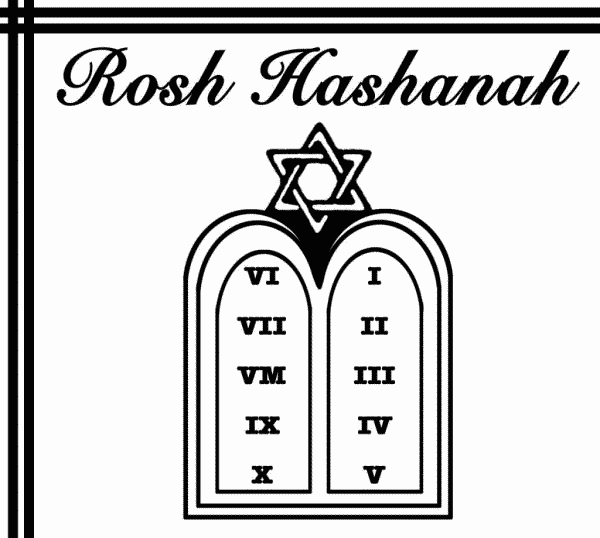






Levis (GRS’16), just beginning BU doctoral studies in sociology, is one of a growing number of Jews who have personalized or reinvented ages-old tradition to give the High Holy Days—Rosh Hashanah and Yom Kippur, the more somber Day of Atonement—a humanistic, inclusive cast.
Earth Sky Time, the family’s organic farm, hosts many students and adult volunteers, Jews and non-Jews, linked, he says, by “some kind of spiritual identity.” “Even if you’re relatively secular, you still go,” says Zank, a scholar of secular Judaism, a congregant of the Reconstructionist synagogue Hillel B’nai Torah, in West Roxbury, and a contributing editor of the Journal of Jewish Thought and Philosophy. The eating of apples and honey is a Rosh Hashanah tradition embraced by Orthodox and secular Jews alike. For Rebecca Esterson (GRS’16), a doctoral student in religious and theological studies, some rituals resonate more than others. In neighboring Boston communities, several Reform and Reconstructionist synagogues offer Rosh Hashanah services that are multicultural and supplement the cantor’s traditional chanting with, in the case of congregation Hillel B’nai Torah, “community bonding” and “personal sharing.” For Humanistic Jews, the traditional Rosh Hashanah reckoning characterized by divine judgment has become instead a gentler occasion for “assessment, repair, change, and growth,” as one secular Jewish newsletter puts it. Zank recalls spending one Rosh Hashanah with a group of mostly Jewish gay women in Jamaica Plain. Members of West Virginia University's Jewish community celebrated Rosh Hashanah in the Rhododendron Room of the Mountainlair Wednesday evening.
Rosh Hashanah, the Jewish New Year, involves contemplation and introspection of an individual's life throughout the past year.
Rosh Hashanah, which began Wednesday at sundown, means "head of the year" in Hebrew.
Friedberg said the Hillel House strives to create an atmosphere students can feel comfortable in if celebrating the holiday away from family.
The Hillel House provides other opportunities for WVU students throughout the year.
Students are invited to participate in weekly Friday night dinners for the beginning of the Jewish Sabbath.
Hillel also hosts bagel brunches for students on Sundays.
Friedberg said that students do not have to be of Jewish faith at attend Hillel events, and that the group provides a "welcoming atmosphere."
No matter what your religion or level of observance, holidays are a time of tradition. Would it be Rosh Hashanah without Mama Hinda's majestic spiraled challah or Aunt Sally's tsimmes (carrot stew)? Why not a new recipe for that iconic Rosh Hashanah dish, honey cake?
Nothing bitter on this holiday table!
"The first time I ate decent honey cake was when my kids baked it in preschool for Rosh Hashanah," she said. "The Kosher Baker" offers more than 160 dairy-free recipes accompanied by mouth-watering color photos.
Why dairy-free?
